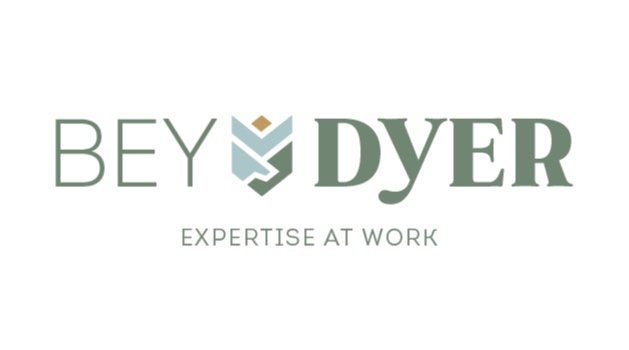Employment Impact of Legalized Marijuana
August 1st, 2023, marijuana will become legal in the state of Minnesota. Governor Walz signed the bill known as HF100. The legalization of recreational marijuana in Minnesota will have several effects on employees, employers, industries, drug testing, and job creation:
Employees and Employers:
Employees aged 21 and over will have the legal right to consume, grow, and transport marijuana within the limitations set by the new law. However, this right does not extend to the workplace. Employers can still enforce a drug-free work environment, prohibiting the use, possession, and impairment of cannabis while on the job or operating employer vehicles, equipment, and machinery.
Employees should be aware that even though recreational marijuana is legal in the state, they can still face disciplinary action or termination if they violate their employer's drug policies related to cannabis use at work.
Employers will need to update their existing policies and drug testing procedures to ensure they are compliant with the new law.
Marijuana for Medical Purposes in the Workplace:
If an employee is registered with the medical cannabis registry, employers cannot discriminate against them in hiring, conditions of hiring, or termination solely based on their medical marijuana use. However, this protection does not grant an employee the right to be impaired at work or in violation of the employer's safety policies.
Impact on Different Industries:
The impact on different industries will vary. Some industries may be more affected if safety regulations and drug-free environments are crucial to their operations. For example, industries such as transportation, construction, manufacturing, and healthcare may have stricter policies and face greater challenges in implementing drug testing to ensure safety standards are met.
Other industries that are less safety-sensitive may have more flexibility in their drug policies, but they still need to address the legal use of marijuana by employees outside of work hours.
Impact on Drug Testing:
The legalization of recreational marijuana may require employers to review and adjust their drug testing policies. They might need to focus more on testing for impairment rather than simply detecting the presence of THC in an employee's system.
Drug testing policies may need to be more nuanced to account for medical marijuana users who are registered with the state's medical cannabis registry.
Job Creation:
Legalizing recreational marijuana is likely to create new jobs in the cannabis industry. As the demand for marijuana products and services increases, there will be opportunities for jobs in cultivation, processing, distribution, retail, marketing, and related fields.
Additionally, businesses might emerge to provide ancillary services like security, packaging, transportation, legal services, and more to support the growing cannabis industry.
Overall, the legalization of recreational marijuana in Minnesota will bring significant changes to the workplace, employee rights, employer policies, and drug testing procedures. Employers will need to adapt their practices to comply with the new law while ensuring workplace safety and productivity. At the same time, the legalization is expected to create job opportunities in the emerging cannabis industry.
RESOURCES:
https://www.revisor.mn.gov/laws/2023/0/Session+Law/Chapter/63/
https://www.lmc.org/resources/adult-use-cannabis-what-cities-need-to-know/#Q51
https://disa.com/news/minnesota-legalizes-recreational-cannabis
